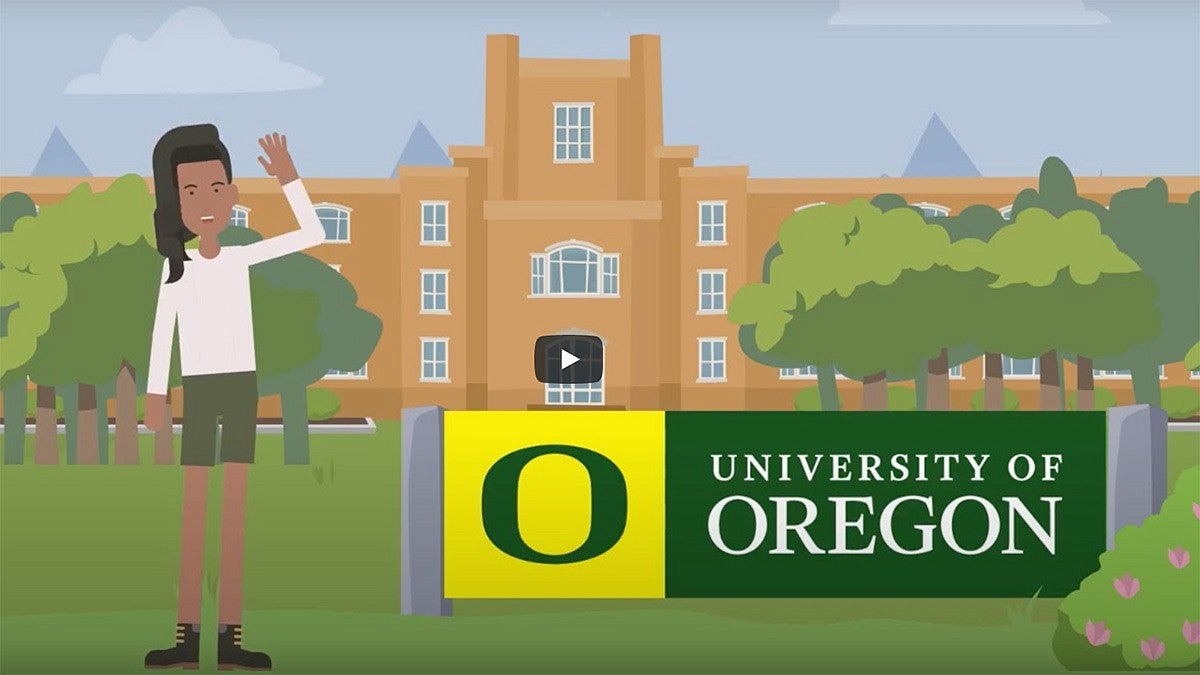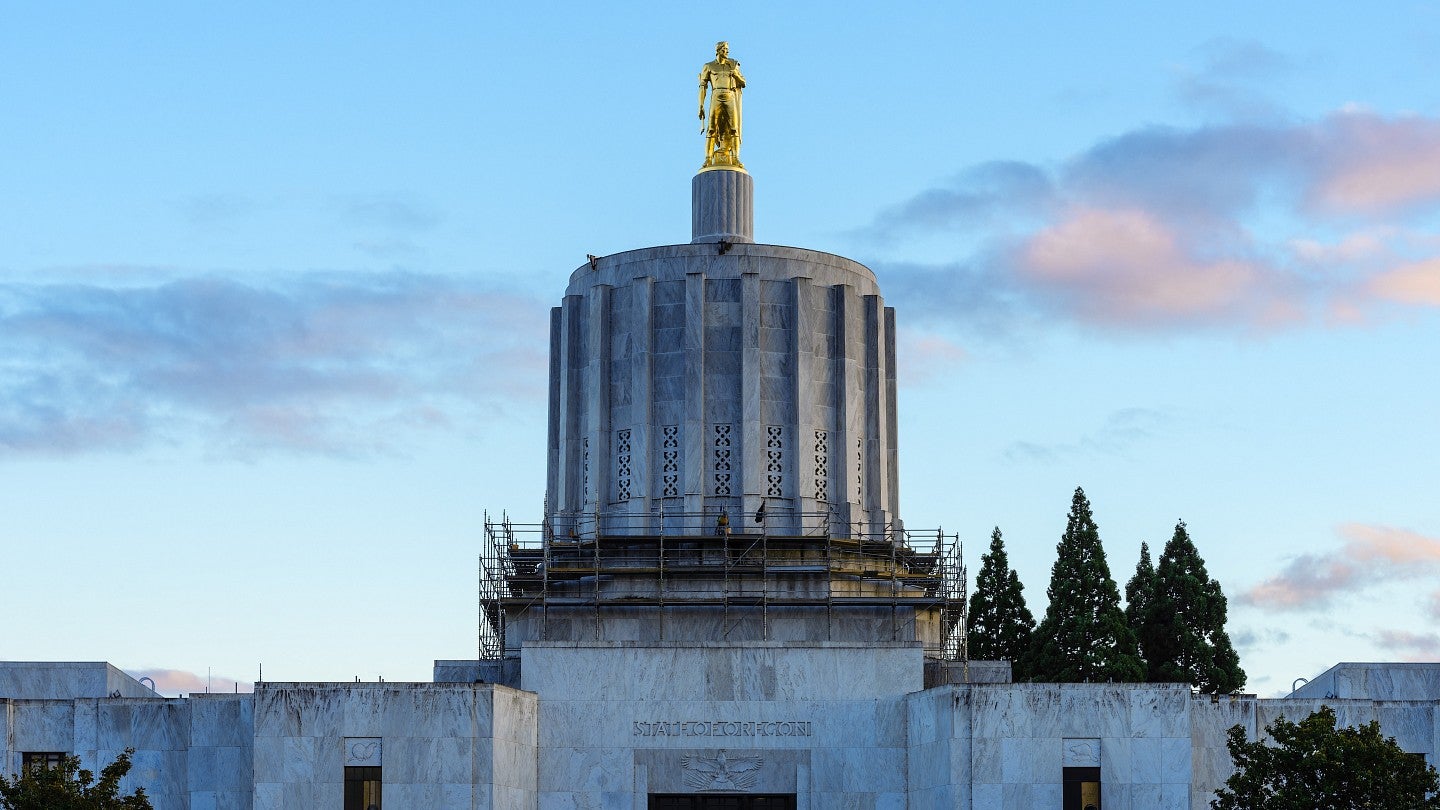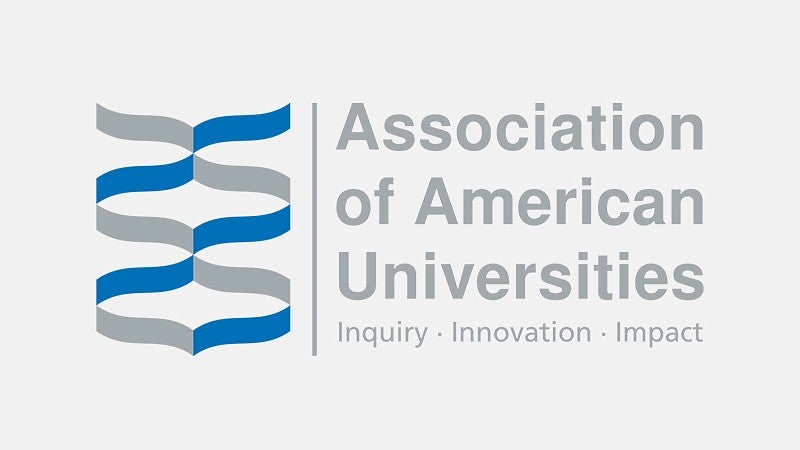At the University of Oregon, we foster a supportive environment where free expression and open dialogue thrive.
Access resources that promote safety, well-being, and community engagement, while understanding your First Amendment rights and responsibilities.
Understanding Free Expression
at the UO
This informative video explores the rights and responsibilities of free expression at the University of Oregon, including UO's commitment to free expression and important campus policies. Learn about the limits of protected speech and how to exercise your rights while respecting others in a safe, inclusive environment.
Safety and Planning
Our educational mission is our highest priority, which requires that we focus on safety and well-being of our students and campus community. While the university is committed to protecting the safety of members of the campus community, it is also committed to maintaining an environment that fosters free expression, and to taking appropriate action to prevent and address discrimination and harassment.
Event Planning and Management
Organized demonstrations and protests should follow university policies and procedures for the safety of participants and community members.
Key resources to planning events and meeting expectations include:
Personal Safety and Support
As an institution, we strive to have a campus community where faculty, staff, and students feel comfortable and welcome.
The University of Oregon has multiple support options for students, faculty, and staff.
Support and Assistance Resources




